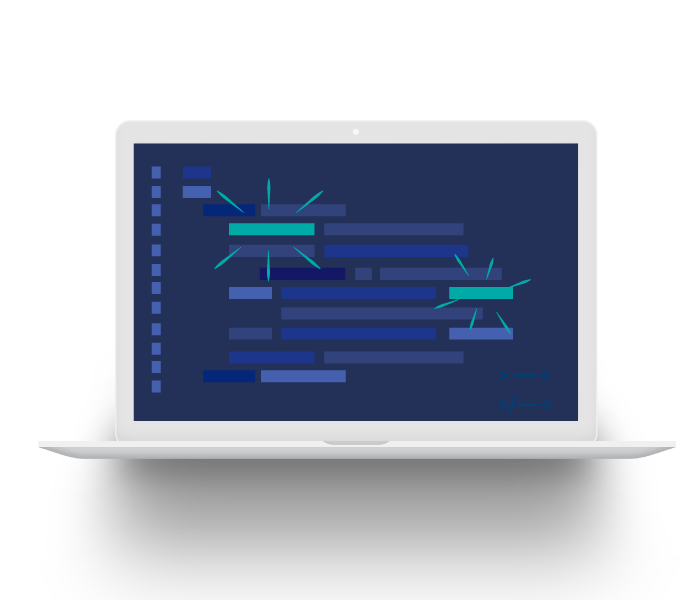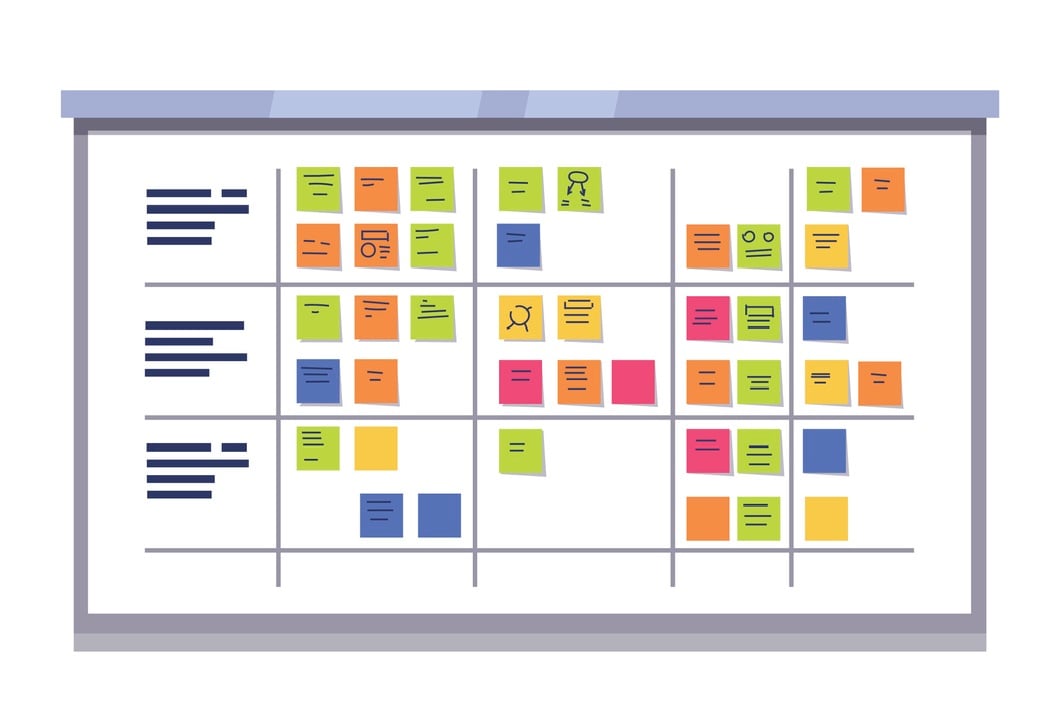A Comprehensive Guide For Requirements
That’s not technically true… I’d love to spend time with family, eat chocolates and open a small selection of functional, relevant and meaningful gifts along with a stack of Christmas Pudding and brandy butter and maybe user acceptance test a glass or two of Baileys!
However, as we hurtle along towards the festive season at an astonishing rate, I’d like to blog about requirements in software testing as they are so crucial to getting a good outcome, but so often hard to obtain.
Read More
Topics:
Software Testing,
Requirements Validation
The Possibilities & The Impact of UAT on Agile Performance
The Manifesto for Agile Software Development is based on twelve principles:
- Customer satisfaction by early and continuous delivery of valuable software
- Welcome changing requirements, even in late development
- Deliver working software frequently (weeks rather than months)
- Close, daily cooperation between business people and developers
Read More
Topics:
Agile,,
Software Testing,
User Acceptance Testing,
UAT
Guidelines for Implementing Regression Testing
Regression testing is performed to verify that a code change executed in the software does not impact the existing functionality of the product. By regression testing, you are making sure that the product works fine with new functionality, any bug fixes or changes with existing features. Previously executed test cases are re-executed in order to verify the impact of change has not adversely affected existing functionality.
Read More
Topics:
Software Testing,
Regression Testing
Don't Push Aside Your QA Team
Like other engineering principles, software engineers should be responsible for delivering high quality, bug free products that work under all conditions. I wholeheartedly agree that developers (and the whole team) should be accountable for product quality and there needs to be a mind, and culture, shift so that the responsibility of quality control is not abdicated to the testing team.
Read More
Topics:
Software Testing,
DevOps,
Developer Based Testing
Risk Assessment and Analysis
As testers we are inclined to try to test everything, however factors such as timescales, available resources, technical complexities and costs can prevent this from happening.
We need to use the resources we have as effectively as possible, we need to test the most important things as a priority.
Read More
Topics:
Software Testing,
Risk Based Testing
What Is Digital Transformation – And Where Does it Fit Into Testing?
The glib answer to the question “where does testing fit into your Digital Transformation project?” is “to get a high-quality product and the expected business outcomes, testing needs to feature highly in your digital transformation – as it does with any IT project.“
Read More
Topics:
Software Testing,
Digital Transformation
How User Acceptance Testing Can Help You Reach Your Goals
User Acceptance Testing (UAT) is one of the final phases in the project life cycle and provides end users of the system with the opportunity to test the system prior to its live state. It's the final check that the Business Processes will function in the manner they were intended and built.
Read More
Topics:
Software Testing,
UAT
Supporting Business Objectives
You’ll be fully aware that digital transformation is at the top of every IT Directors list of things to do. Companies today are facing a couple of big challenges, staying ahead and on top of new technologies and at the same time providing outstanding customer experience. To be clear, digital transformation is the process of using new or modified business processes and customer experiences to meet changing business and market requirements by use of new and advanced technology.
Read More
Topics:
Software Testing,
Digital Transformation,
Digital Assurance Framework
Introduction to Lean Testing Principles
In the previous part of this 2-part series, we identified how taking a Lean approach to testing can highlight various wastes that testers face in a project team, and external wastes that end users deal with. This concluding part will identify some solutions that can help with reducing the three types of waste, Muri, Mura and Muda and how continuous improvement can lead on to creating value for the customer.
Read More
Topics:
Software Testing,
Test Management,
Lean Testing
In the first of this 2-part series, we will look at the various inefficiencies that are faced by testers in a project team, and for the users of the software that we are helping to deliver.
No Time to Waste
You have probably heard of the 7 wastes (or 8 or even 9!) which focuses on reducing anything that does not add value within a system. This concept was developed at Toyota relating to manufacturing and later applied to software development practices in 2003.
Read More
Topics:
Software Testing,
Lean Testing


.png)














.png)
